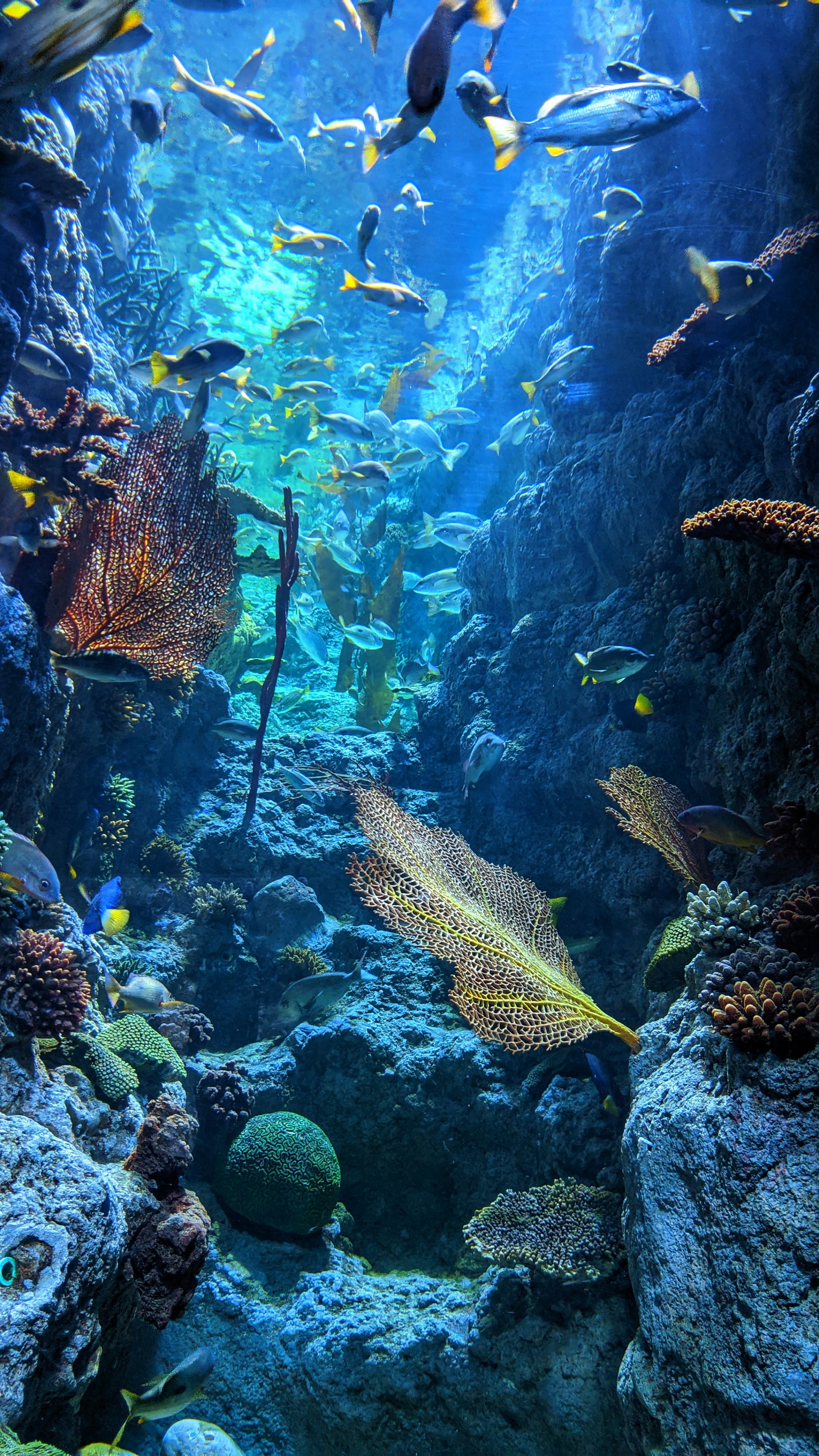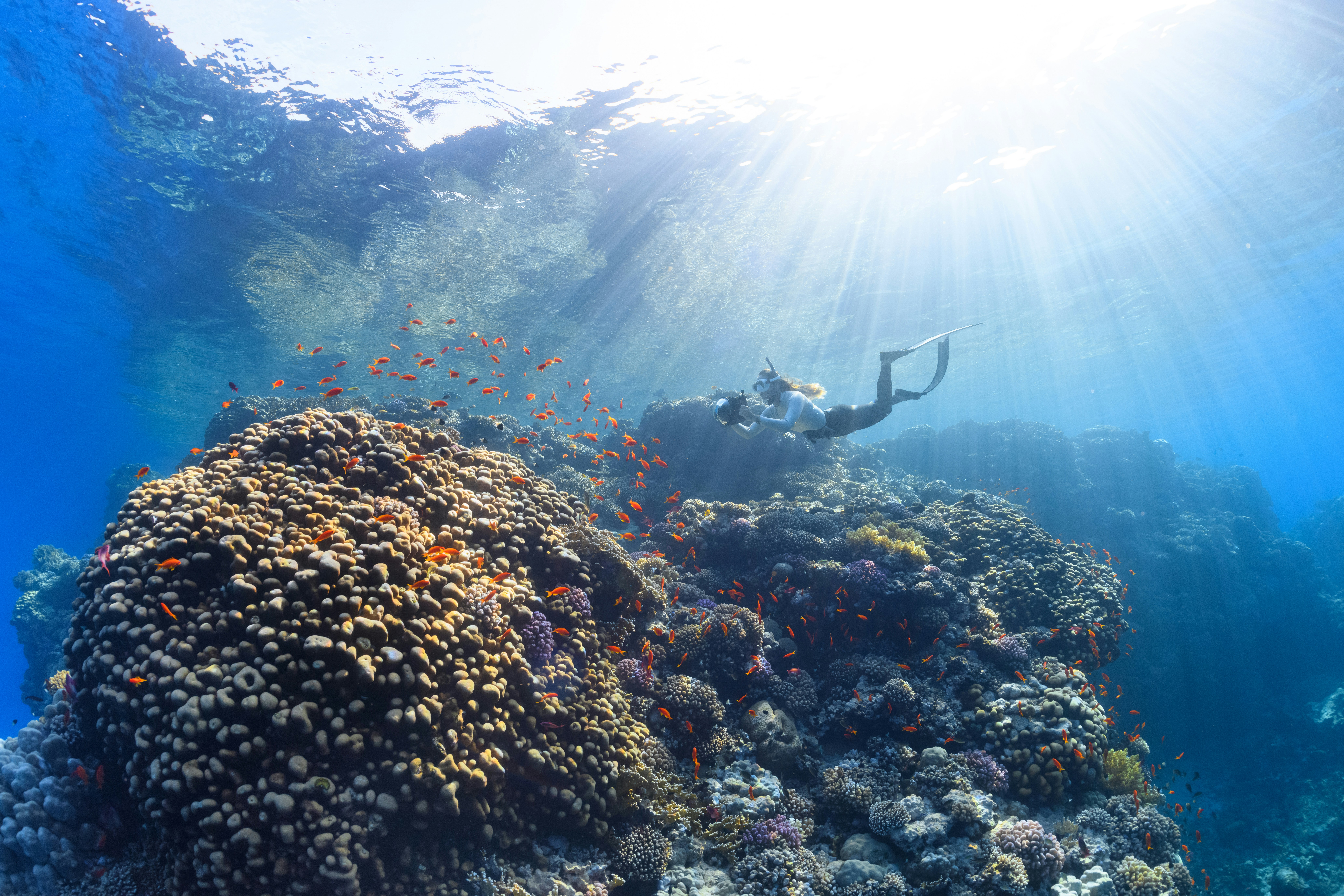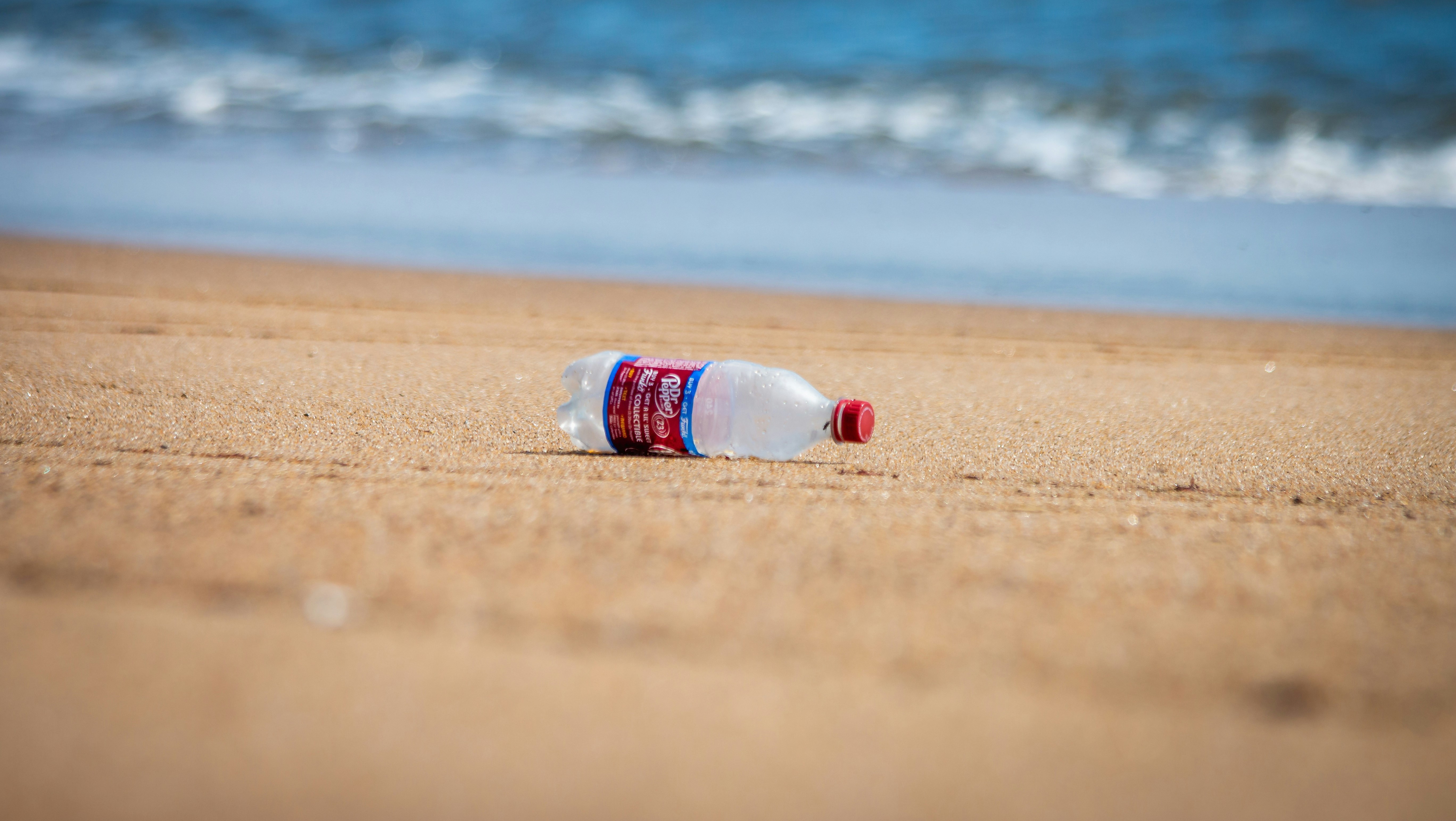ASPIRATIONS
Global Impact
"We aim to find sustainable solutions to global challenges."
Marine Ecosystem
"We are dedicated to preventing the impact and harm caused by chemicals and plastics on fish and other marine organisms. We conduct research and initiatives to safeguard their well-being."
No Plastic Waste
"We aspire to minimize plastic pollution in the oceans and make the world a more livable place."
PLASTIC POLLUTION

A Threat to the Marine Ecosystem
As plastic waste accumulates on the ocean floor, it contributes to the degradation of marine habitats, harming aquatic life and disrupting the delicate balance of marine ecosystems.

Microplastic Pollution
Microplastics, tiny particles resulting from the breakdown of larger plastic debris, are pervasive in marine environments and pose a significant threat to aquatic life and ecosystems.

Biodegradable Alternatives
Bioplastics and other sustainable materials offer promising alternatives to conventional plastics, reducing the environmental impact and addressing plastic pollution.

Waste Management Strategies
Effective waste management practices, including recycling and composting, are crucial in mitigating plastic pollution and promoting a circular economy.
AKANA TEAM

John Doe
Marine Biologist

Jane Smith
Environmental Scientist
PHOTO GALLERY




